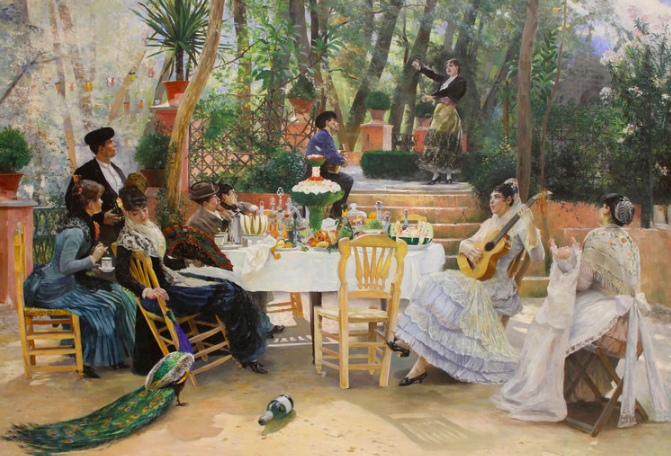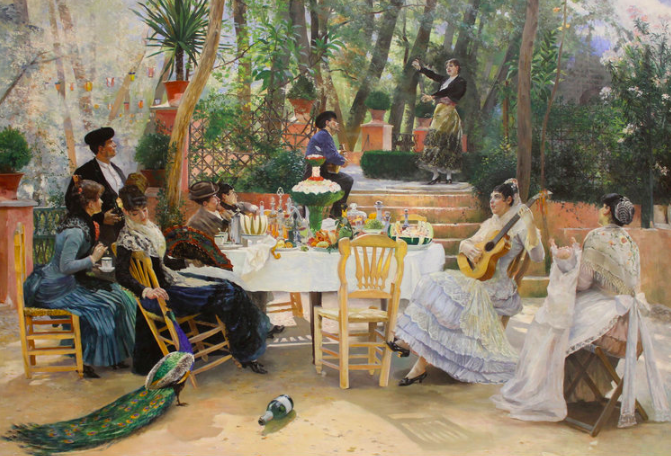
Among the many reasons for my affection for the 16th c. German political philosopher and jurist Johannes Althusius is this: He gets specific, to a degree that may be fanciful but is endlessly fascinating, about the commonality between different levels of political community.
Login to read more
Sign in or create a free account to access Subscriber-only content.
Topics:
